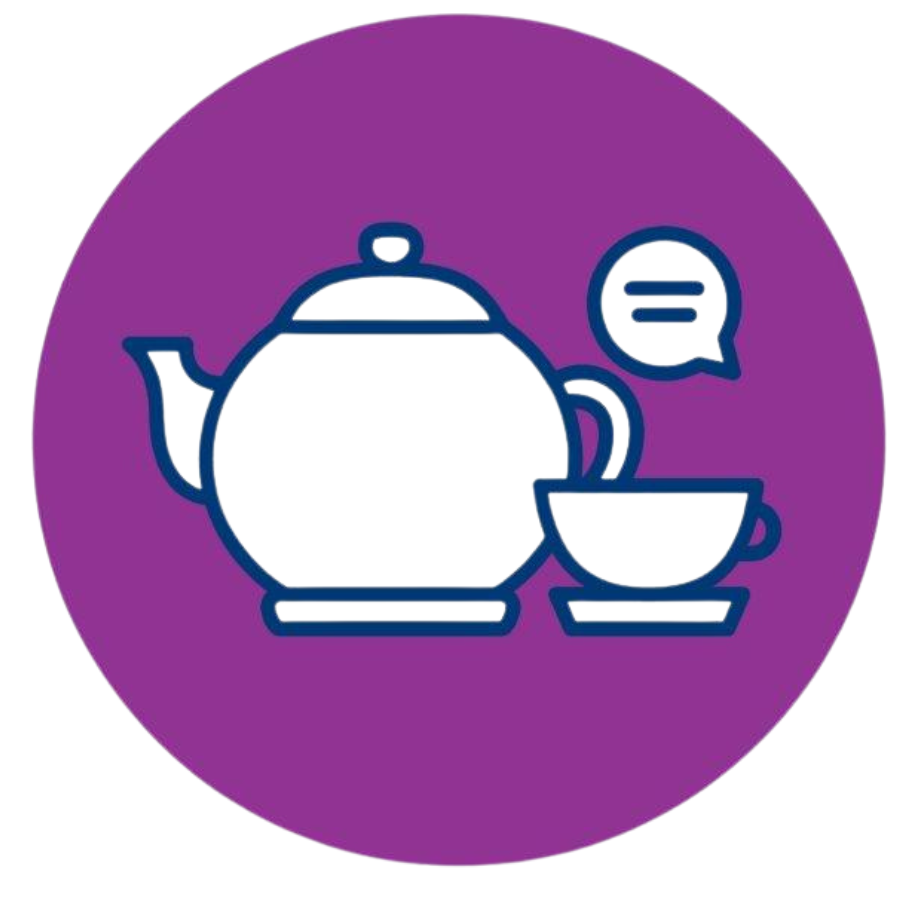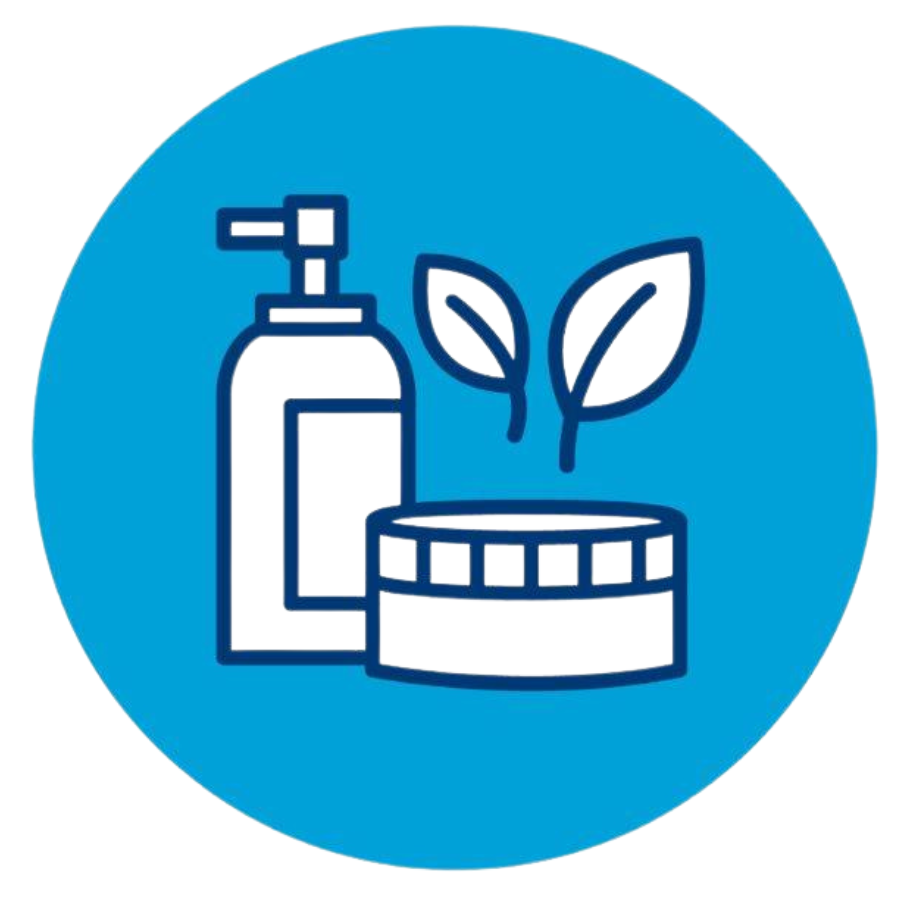
A Guide to the 8 Aged Care Quality Standards
First published: July 2024
The Aged Care Quality and Safety Commission have formed eight Quality Standards that are set within the aged care industry for the purpose of ensuring services provided to the elderly population of Australia are:
- Safe
- High quality
- Meet the needs and preferences of the people under their care
All government funded aged care providers must display that the they meet these Quality Standards.
Standard 1 I Consumer dignity and choice
“I am treated with dignity and respect, and can maintain my identity. I can make informed choices about my care and services, and live the life I choose.”
The foundations of standard one aim to foster a culture of inclusivity and respect. Organisations must demonstrate that each consumer is treated with dignity and each culture is valued. Through acknowledging cultural differences and fully understanding a consumers culture, a safe environment is cultivated for all those who receive aged care services in Australia. Care provided it to be consumer centred at all times.
 Standard 2 I Ongoing assessment and planning with consumers
Standard 2 I Ongoing assessment and planning with consumers
“I am a partner in ongoing assessment and planning that helps me get the care and services I need for my health and well-being.”
This standard focuses on assessment and planning, demonstrating that a consumers personal care plan considers individual health, wellbeing, risks, needs, goals and preferences. Continued cooperation with the consumer, identifying changes in these categories help to delivery high quality aged care services to every individual.
Standard 3 I Personal care and clinical care
“I get personal care, clinical care, or both personal care and clinical care, that is safe and right for me.”
Through approaching aged care services with a holistic view, standard three is centred around delivery care that is right for the consumer on both a personal and clinical level. It ties in with standard 2, taking into account a consumers wishes and requirements for care they receive daily, and in the short and long term.
 Standard 4 I Services and supports for daily living
Standard 4 I Services and supports for daily living
“I get the services and supports for daily living that are important for my health and well-being and that enable me to do the things I want to do.”
Keeping the consumers physical and mental wellbeing in mind, for aged care services to be high quality they need to fulfill the consumers daily living needs. This involves their participation within the community both inside and outside the organisation, as well as maintaining a consumers social and personal relationships and interests. A consumers goals are of upmost importance, ensuring they are met on both a daily and long term basis.
Standard 5 I Service environment
” I feel I belong and I am safe and comfortable in the organisation’s service environment.”
The environment in which consumers live should be safe, comfortable, and welcoming. An aged care home is the place of residents for their consumers, and should be treated as such. The service environment in which residents live should be clean and well maintained, and enables consumers to move around freely indoors and outdoors without risk.
Standard 6 I Feedback and complaints
“I feel safe and am encouraged and supported to give feedback and make complaints. I am engaged in processes to address my feedback and complaints, and appropriate action is taken.”
Aged care organisations need to demonstrate that consumers and their family and friends are encouraged to leave feedback and make complaints. Services to do this should be made aware to the consumer, with appropriate action being taken to respond to complaints. Feedback and complaints are to be used to improve services.
Standard 7 I Human resources
“I get quality care and services when I need them from people who are knowledgeable, capable and caring.”
The workforce within the aged care industry need to be skilled and qualified to provide a high level of care and quality of aged care services. Interactions between the workforce and consumers should be kind, caring and respectful. The team should also be adequately supported to deliver these outcomes.
 Standard 8 I Organisational governance
Standard 8 I Organisational governance
“I am confident the organisation is well run. I can partner in improving the delivery of care and services.”
Governing bodies within the aged care industry are responsible and are to be held accountable for the delivery of safe and high quality aged care services. Governance systems within relevant organisations need to cover all aspects of consumer management and improvement to ensure consumers are always supported in every way they need to be.
The new Aged Care Act
As part of the Aged Care Reform Roadmap, these standards are being strengthened in line with the new Aged Care Act. After the 2021 review and recommendations by the Royal Commission into Aged Care Quality and Safety, the standards will be altered in vital areas such as:
- Food and nutrition
- Dementia
- Diversity
- Governance
- Clinical care
The newest version of the Aged Care Act is to be implemented in July 2025, with the current standards staying in place until then.
More resources and information can be found on the Aged Care Quality and Safety Commission website.
For more information on joining the aged care industry, contact out team of industry experts today:





